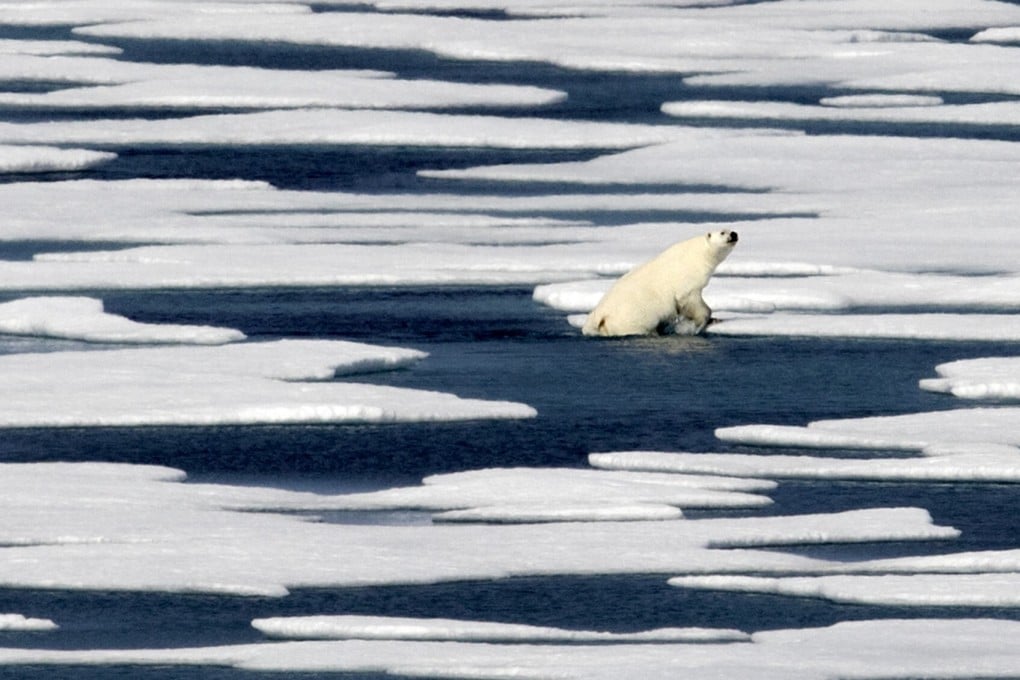China and US urged to work together in fight against climate change after Alaska summit
- While the meeting in Anchorage highlighted some areas of disagreement, there are still areas where the two sides can find common ground
- Joe Biden is planning to hold an international climate summit next month, and Chinese President Xi Jinping’s involvement may be on the table

Senior diplomats from Beijing and Washington have been urged to seek common ground on climate change after this week’s high-level talks in Alaska.
Yang Jiechi and Wang Yi, China’s two most senior diplomats, kicked off the much-watched summit with US Secretary of State Anthony Blinken and national security adviser Jake Sullivan on Thursday local time.
The meeting opened with a series of fierce public exchanges between the two sides and expectations for any breakthrough were low.
But diplomatic observers said the two sides could still try to find common ground, including in some key areas such as the environment.

02:23
Gloves off at top-level US-China summit in Alaska with on-camera sparring
“President [Joe] Biden won the election by going big on climate change, he’s holding a climate change summit in April and you’ll have to have China in the meeting,” said Wang Huiyao, founder of the Centre for China and Globalisation, a Beijing-based non-governmental think tank.